
Project 2 Heal
Meet Diane Bernier:

Diane has been with Fidos for Freedom since 1996 and is both a client and Executive Director of the organization. Diane's hearing dog Noah came to Fidos for Freedom from Project 2 Heal and serves Diane by alerting her of important sounds throughout the day. (Alarms, kitchen timers, doorbells, etc.)
Diane has stated that one of the most rewarding aspects of her work is able to help others regain independence through Fidos for Freedom. She particularly moved by the transformative impact service dogs often have with veterans.
Project 2 Heal's Interview:
Charlie Petrizzo: "When Fidos for Freedom takes dogs from shelters, how successful are these dogs?"
Diane Bernier: "They're not successful... we've actually stopped using shelter dogs."
Charlie Petrizzo: "Oh! Well, when you were using them, how successful were they?"
Diane Bernier: "We had about five that became successful service dogs out of about twenty."
Charlie Petrizzo: "That's actually not bad for shelter dogs... that's twenty percent!"
Diane Bernier: "We just felt it was too high a percentage for us. Our trainers are all volunteers and we don't want to waste the time of our trainers or people waiting for a service dog. Usually, it ended up being reactivity issues that didn't present until they were matched with a service dog recipient. The five that we placed were successful, but we noticed that the unsuccessful dogs were about a year old when they arrived at Fidos... we figured the hidden reactivity probably came from the way the older dogs were treated when they were little."
Charlie Petrizzo: "Right, you know nothing about the critical phase of life of a shelter dog or anything about their genetics. It's all a real toss-up!"
Diane Bernier: "It is, that's why we just couldn't do it anymore. My trainers would say, 'I just can't emotionally do it anymore.' Emotionally it's hard on the trainers [to see older dogs go on to fail at service work] because they get attached."
Learn More About the Important of a Puppy’s Genetics and Nurturing:
What Makes Fidos for Freedom So Successful?
Charlie Petrizzo: "Your organization seems to have a much higher success rate with our dogs than any other Project 2 Heal partner organization. I know our puppies play a role in that success, but something must be at play here... what do you think could be contributing to Fidos' success with our puppies?
Diane Bernier:"I think it's the fact that we keep them in our program longer if we need to... if they exhibit certain issues, we're able to hold them back and work on these things. Plus, a lot of program kennel their dogs rather than offer them volunteer homes, which is an aspect of our program that plays a huge role in our success."
(Project 2 Heal also works to provide homes for the mother dogs through our Chaperone Program. Through this program, you can open your home to a world-class dog and help support our mission.)
Charlie Petrizzo: "How long would you say most of your trainers have been with Fidos for Freedom?"
Diane Bernier: "One of our most experienced trainers has been with us more than ten years."
Charlie Petrizzo: "So part of your success comes from your trainers having had so much experience working with numerous dogs over the years?"
Diane Bernier: "Oh, yes. They help train new trainers that join our organization. We have a mentoring program where we find people interested in joining our organization and work with them as puppy raisers first. Then we have them start taking classes, which we pay for, and another senior trainer will mentor them."
 Learn About Project 2 Heal
Learn About Project 2 Heal
Jr. Training Sessions:
We offer our own Jr. Training Sessions to kids in the Greater Charlotte area in order to provide an enriching experience for aspiring dog trainers in our community. While our sessions aren't preparation for service dog training, they're a great way to engage kids in an educational experience.
How Does Project 2 Heal Improve Your Program?
Charlie Petrizzo: "Do you have any idea what it costs your organization when a dog is re-careered out of service dog training? Is there an average costs?"
Diane Bernier: "Normally our dogs aren't re-careered until they're older—"
Charlie Petrizzo: "So it costs more?"
Diane Bernier: "Yes, so if I had to take a guess I would say it costs us between $7,000—$10,000 per dog that fails in training."
Charlie Petrizzo: "Okay, that's what I was thinking."
Diane Bernier: "We do keep dogs in our program longer to work on any issues they may have, which of course increases the cost if they don't make it."
(Sometimes medical issues like a sensitive stomach can occur in puppies, but later become something they simply outgrow.)
Charlie Petrizzo: "You guys are a completely volunteer-based organization, correct?"
Diane Bernier: "We have three part-time employees, which include myself, our Office Manager, and our Bookkeeper. But yes, everyone else is a volunteer."
Charlie Petrizzo: "So your paid staff keep the program running in administrative and managerial roles, but all of your training staff are volunteers?"
Diane Bernier: "Yes, they're all volunteer."
Volunteering with Project 2 Heal
We're always looking for new people to join our dedicated team of volunteers! Whether you're interested in helping nurture puppies and maintain our facility, or looking to volunteer professional skills like marketing, bookkeeping, or public speaking, we'd love for you to join our volunteers!
Why Does It Take So Long for Someone to Receive a Service Dog?
Charlie Petrizzo: "When was Fidos for Freedom founded?"
Diane Bernier: "We started in 1987 by training dogs for therapy and mobility, eventually adding hearing dogs, then service dogs for veterans."
Charlie Petrizzo: "Right now, what is the demand for hearing dogs?"
Diane Bernier: "It seems to operate in cycles... right now we have two people on our list waiting for hearing dogs, one which is working with a dog from Project 2 Heal!"
Charlie Petrizzo: "How long do recipients of your dogs typically have to wait?"
Diane Bernier: "Once we interview them, and it can take up to a year until we're able to interview them... once they're interviewed it can take another year to receive a dog."
Charlie Petrizzo: "So a total of two years?"
Diane Bernier: "Between two and three years."
Charlie Petrizzo: "Is the reason you don't interview them immediately because you don't want to take on more than you can handle?"
Diane Bernier: "Exactly, we don't have enough dogs because we have to make sure we have enough puppy raisers and trainers."
Charlie Petrizzo: "So, how do our dogs help you at all in getting service dogs to people in need more quickly?"

Diane Bernier: "I think you guys have such a good breeding program... whenever we get dogs in people always say, 'I want a Project 2 Heal dog!' And I say, 'I can't promise you that, but ninety percent of our dogs are Project 2 Heal dogs.'"
Charlie Petrizzo: "We often hear from partner organizations that our dogs show up to training already knowing how to learn."
Diane Bernier: "Our trainers all enjoy training Project 2 Heal dogs, because when it comes to learning skills, Project 2 Heal dogs just pick it up so fast!"
Charlie Petrizzo: "That's great to hear. Well, we're very fertile over here Diane, so if you need dogs—let me know! We have five litters already born and two more on the way before the end of August."
Diane Bernier: "Thank you! We will let you know."
Charlie Petrizzo: "Thanks for your time, Diane."

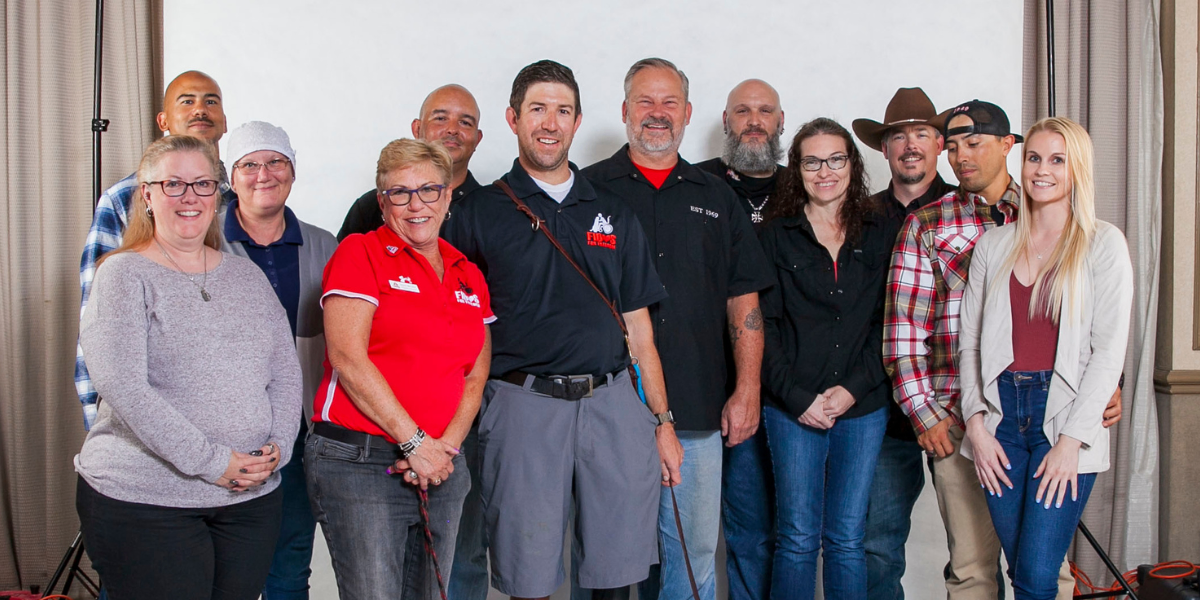
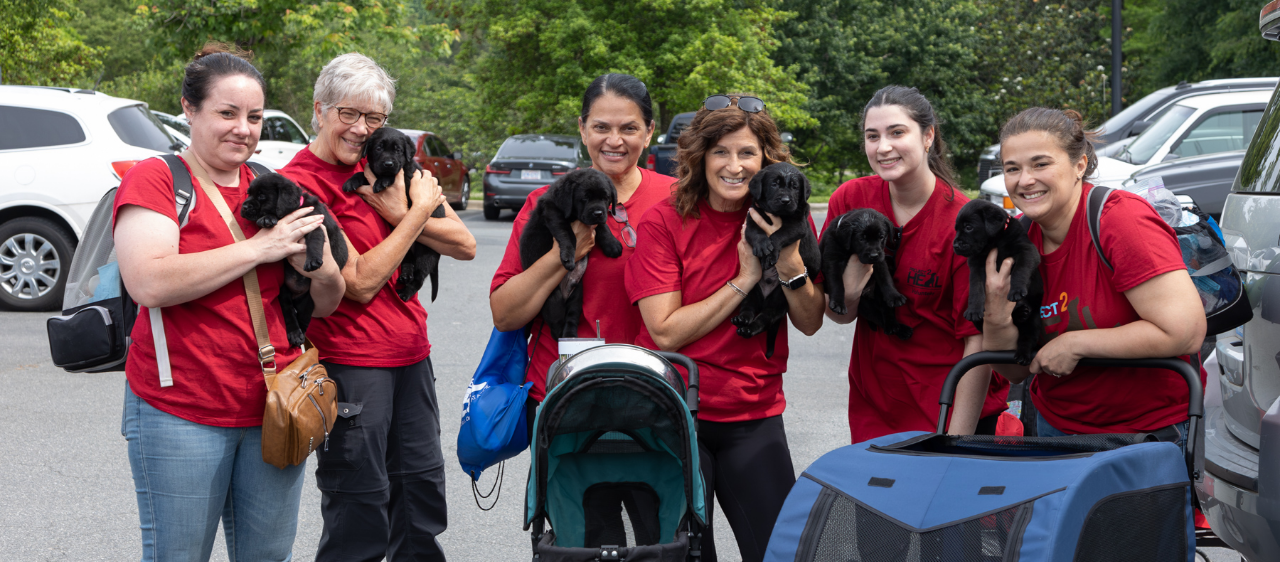
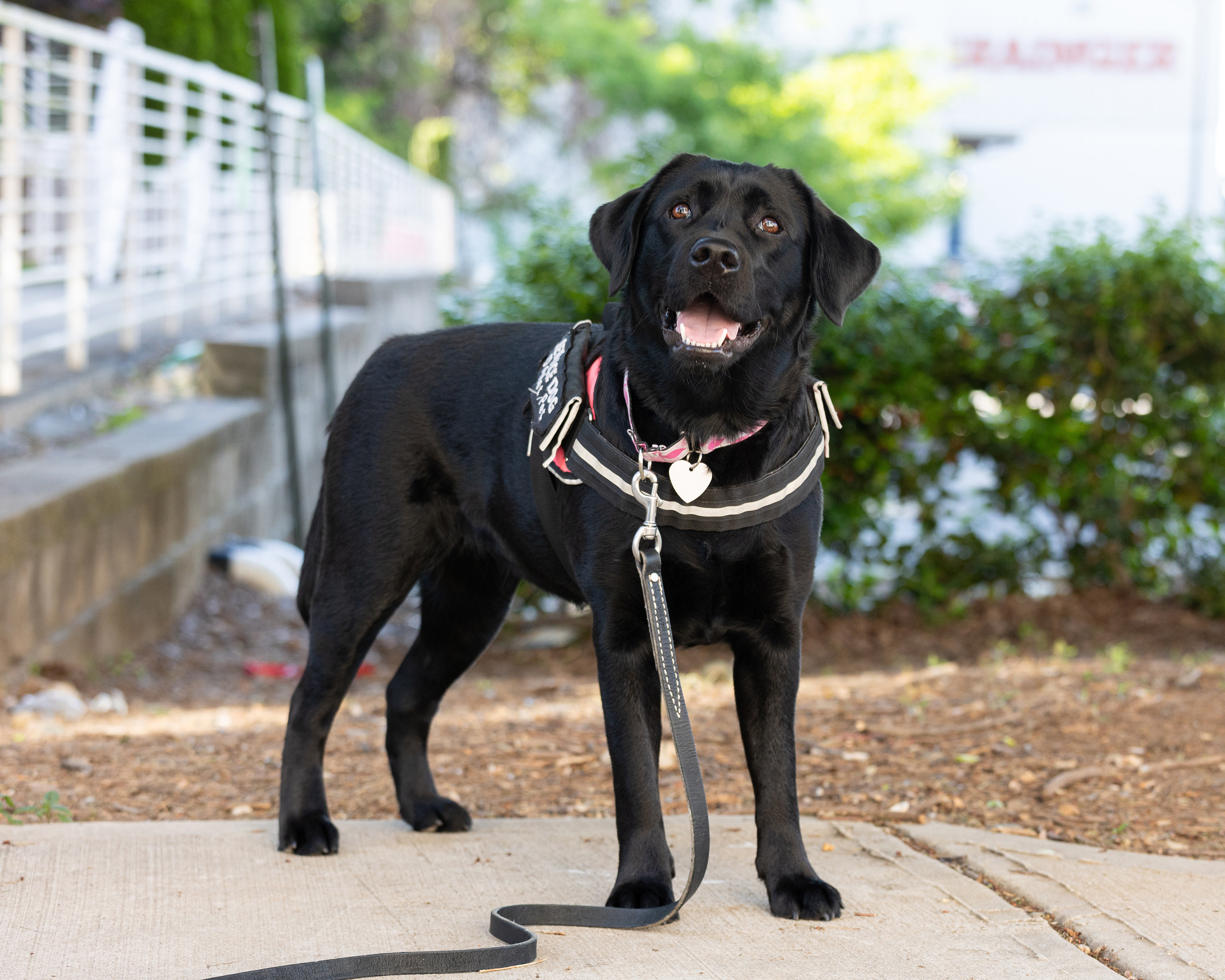
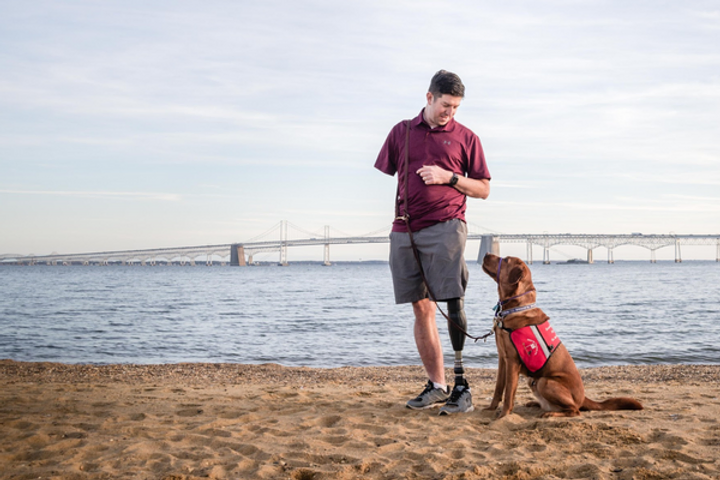
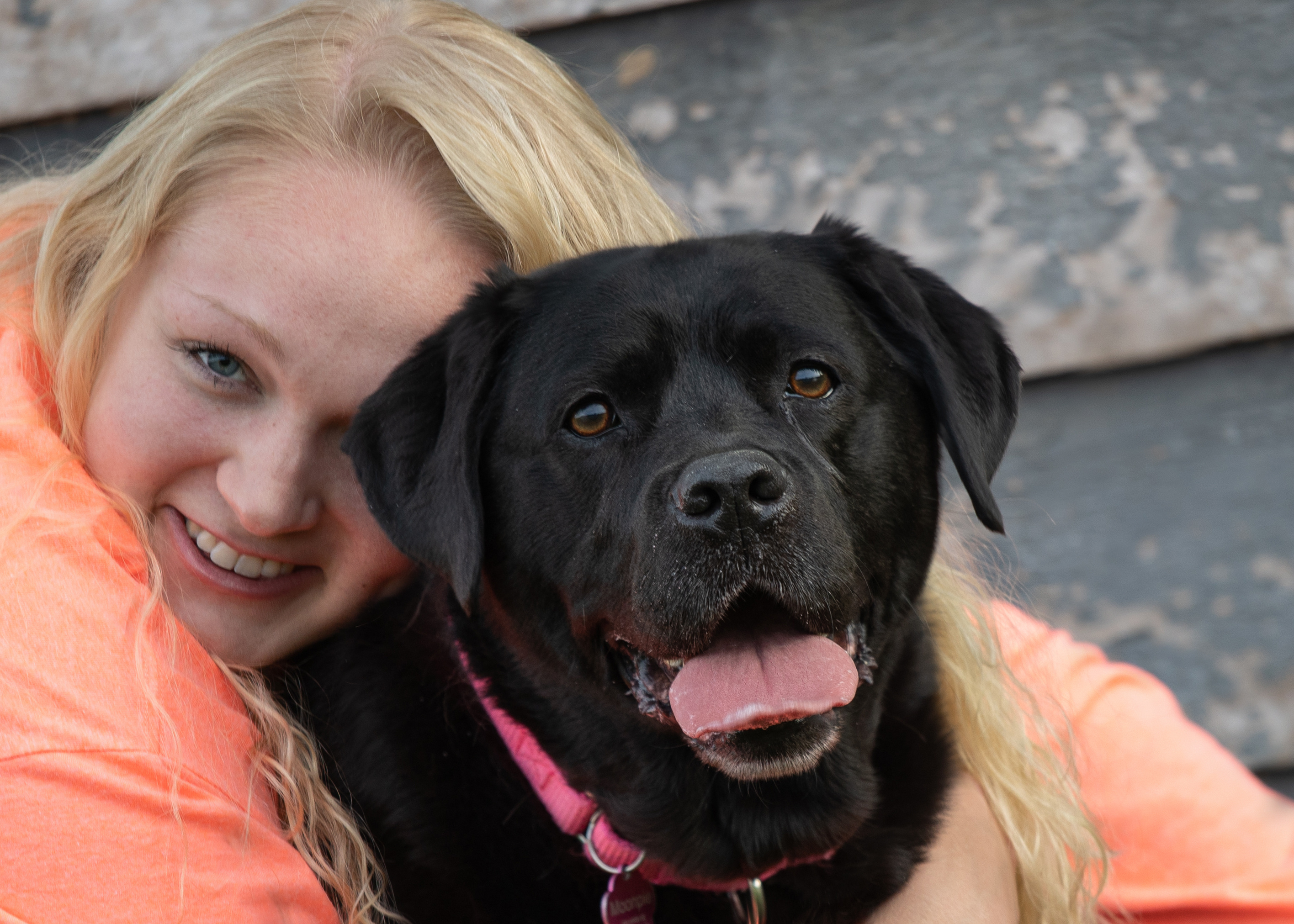

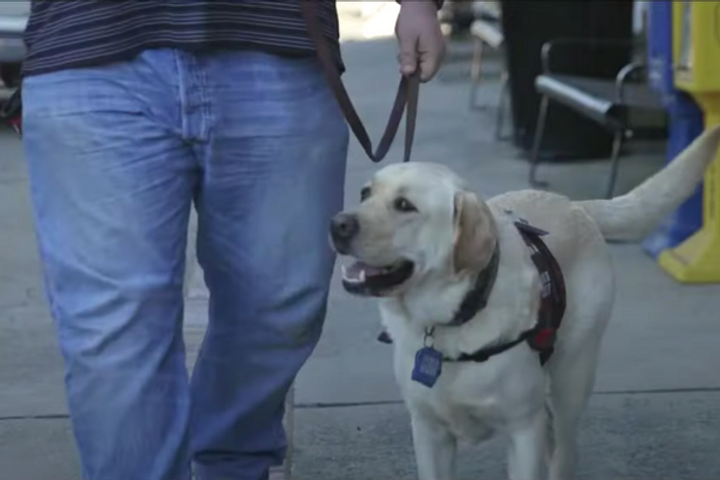
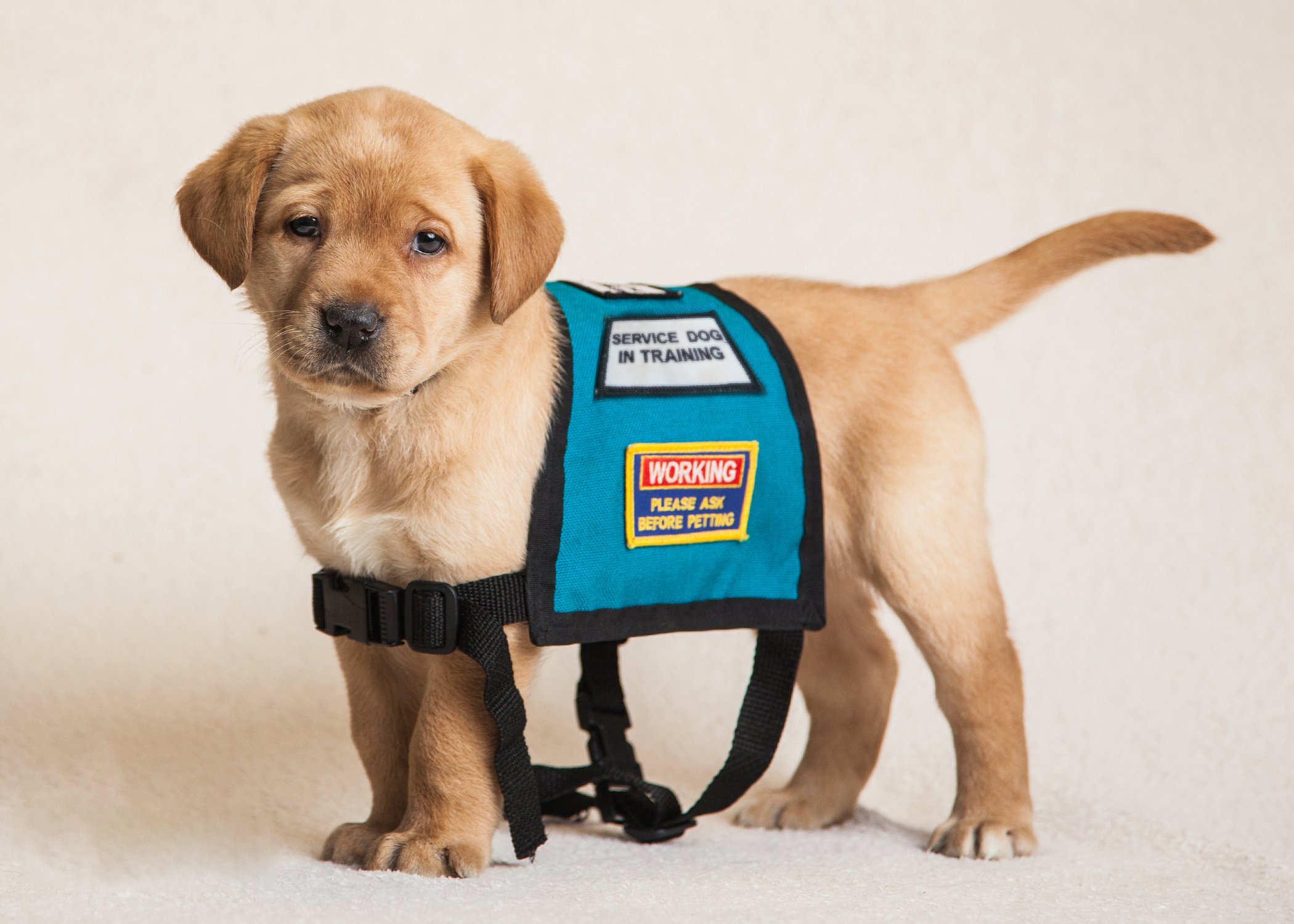

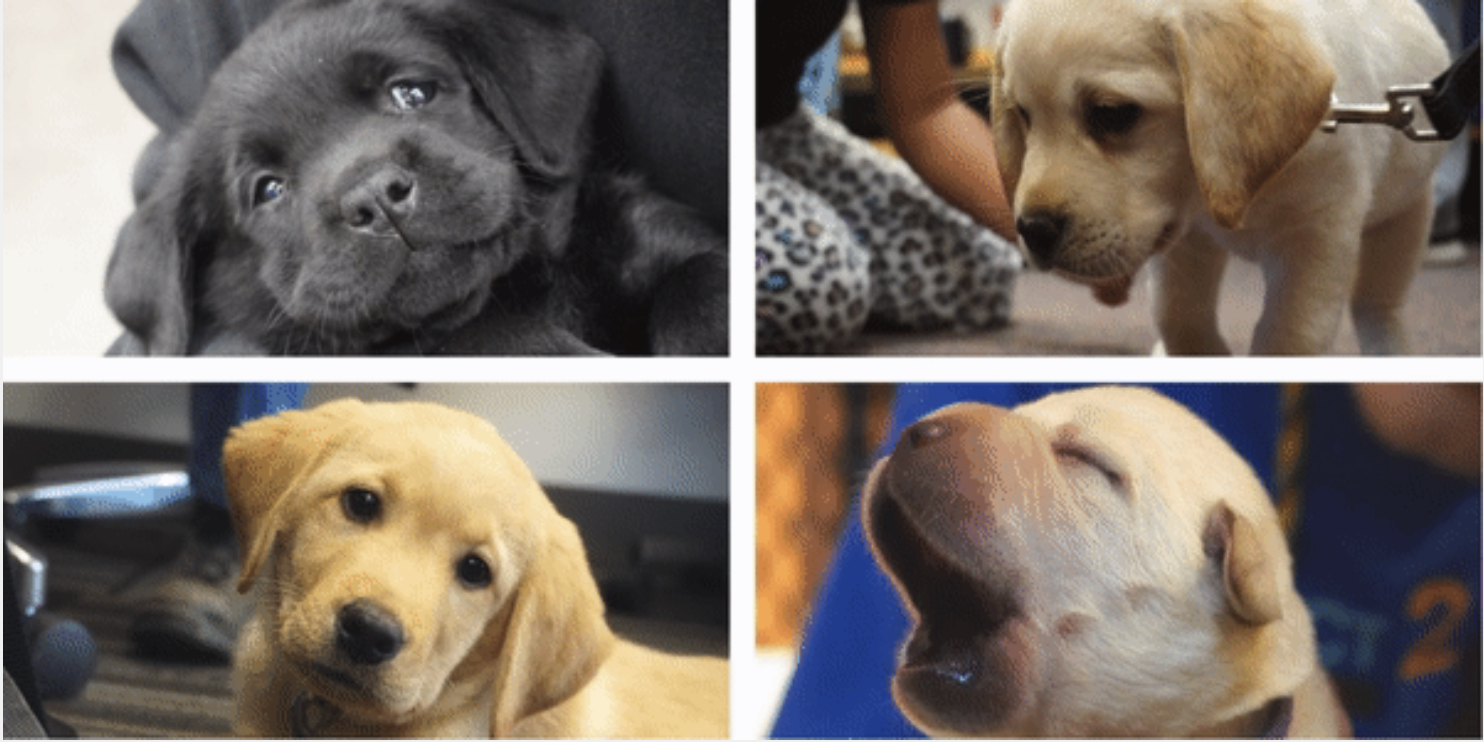
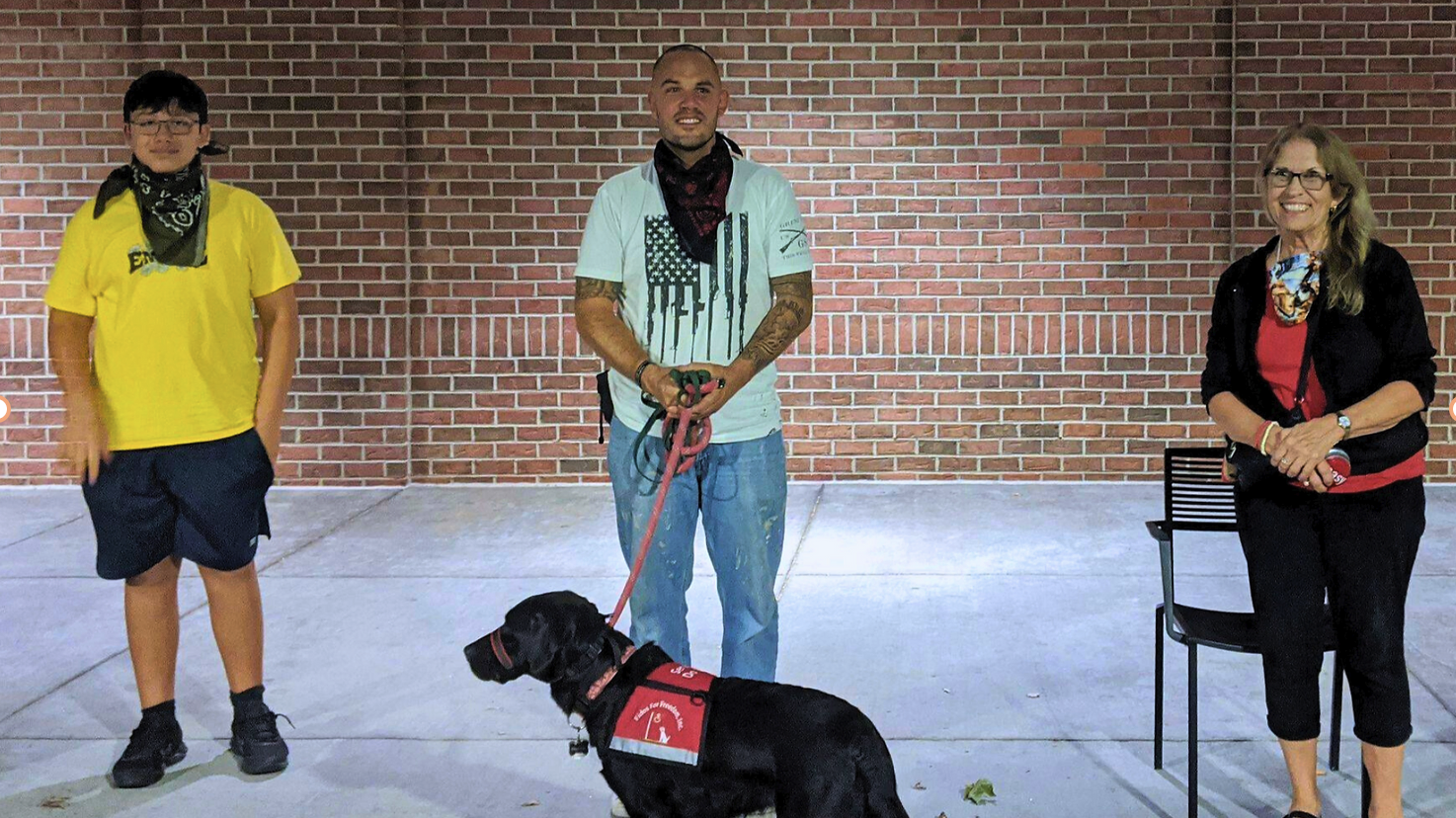
Post a comment